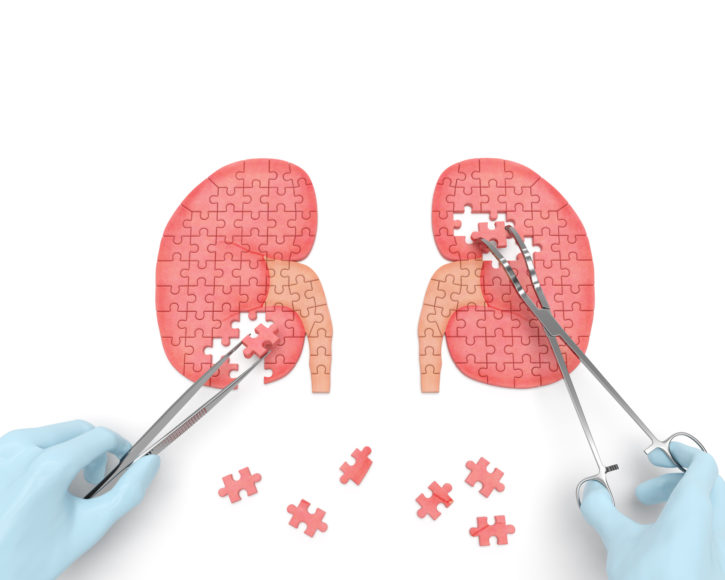New UK Renal Psychosocial Workforce report reveals there are not enough psychosocial staff to provide care to all renal patients in the UK and that psychosocial provision for kidney patients has declined in real terms over the last 15 years.
New UK Renal Psychosocial Workforce report reveals there are not enough psychosocial staff to provide care to all renal patients in the UK and that psychosocial provision for kidney patients has declined in real terms over the last 15 years.
This is according to research undertaken by the British Psychological Society, Kidney Care UK, the University of Salford, the British Renal Society, and the British Association of Social Workers (renal special interest group).
The research highlights that none of the 84 units in the UK employs the recommended number of social workers and only 5% of the 84 units employ the recommended number of psychologists.
There is also considerable variation in the provision of psychosocial support throughout the UK from unit to unit; from counsellors, youth workers, social workers, welfare advisors, and psychologists.
Adult psychosocial services have increased by 25% in the last 15 years; however the number of patients who need to access these services has increased by 50%. The number of psychologists in adult services has increased over the last 15 years.
However, at the same time, the number of social workers has decreased. In paediatric care, over the last 15 years, psychology and social work services have decreased by 21%.
The NICE Chronic Kidney Disease quality standard (QS5) (2011) includes a standard stating that, ‘people with established renal failure have access to psychological support (which may include support with personal, family, financial, employment and/or social needs appropriate to their circumstances)’.
Despite this, psychosocial issues are often neglected and regarded as an optional extra. Patients themselves would disagree and may well identify these services as their most important need.
Dr Emma Coyne, Consultant Clinical Psychologist and Chair of the Renal Psychologists Network (British Psychological Society), and one of the authors of the report, said:
“Kidney patients have to cope with many physical and emotional challenges including time consuming and invasive treatments such as dialysis and transplantation. Research has demonstrated that kidney patients who struggle with low mood and anxiety have poorer health outcomes.
This shouldn’t be a postcode lottery; specialist renal psychosocial care is essential to support both physical and mental health. All kidney patients need access to psychosocial support within their local renal service.”
Click here to read the UK Renal Psychosocial Workforce report

 17th July 2018
17th July 2018